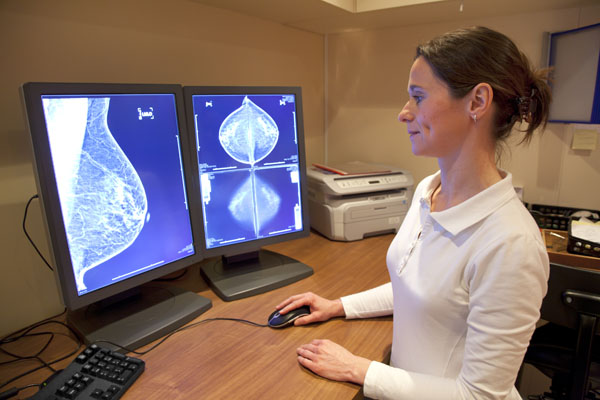Researchers at the Wellcome Trust Sanger Institute in the UK, have identified a number of novel genetic mutations associated with breast cancer tumors. The researchers say the discovery has given them a near-perfect understanding of the underlying genetics of the disease.
The findings – which were published in the journal, Nature – could provide drug developers with novel targets for anti-cancer compounds. Along with the identification of new breast cancer-associated genes, the researchers discovered that women with mutations in the BRCA1 or BRCA2 gene, had very unique mutational signatures.
Mutations in the BRCA genes are associated with an increased risk of developing breast or ovarian cancer. About five percent of all patients with breast cancer carry a BRCA mutation, while between four and 11 percent of all ovarian cancers are linked to the genes. Mutational signatures describe the individualized pattern of changes in the DNA that accumulate as a result of cell damage and aging.
“All cancers are due to mutations that occur in all of us in the DNA of our cells during the course of our lifetimes,” said Professor Sir Mike Stratton, director of the Wellcome Trust Sanger Institute. “Finding these mutations is crucial to understanding the causes of cancer and to developing improved therapies.”
In order to identify the mutational signatures, the researchers analyzed tumor samples collected from 560 patients with breast cancer. The majority of the samples – 556 – came from women, however four were taken from men.
The researchers used whole-genome sequencing to identify the mutations associated with breast cancer, along with each patient’s individualized mutational signature. In all, the researchers found 93 genes – five of which were new – which could contribute to the development of breast cancer, when mutated.
Twelve new mutational signatures were also identified based on the analysis. The research not only sheds light on what leads to the progression of breast cancer, but also provides information on how the disease can be treated using individualized therapies.
“In the future, we’d like to be able to profile individual cancer genomes so that we can identify the treatment most likely to be successful for a woman or man diagnosed with breast cancer,” said Dr. Serena Nik-Zainal, study leader at the Wellcome Trust Sanger Institute. “It is a step closer to personalized healthcare for cancer.”












Join or login to leave a comment
JOIN LOGIN